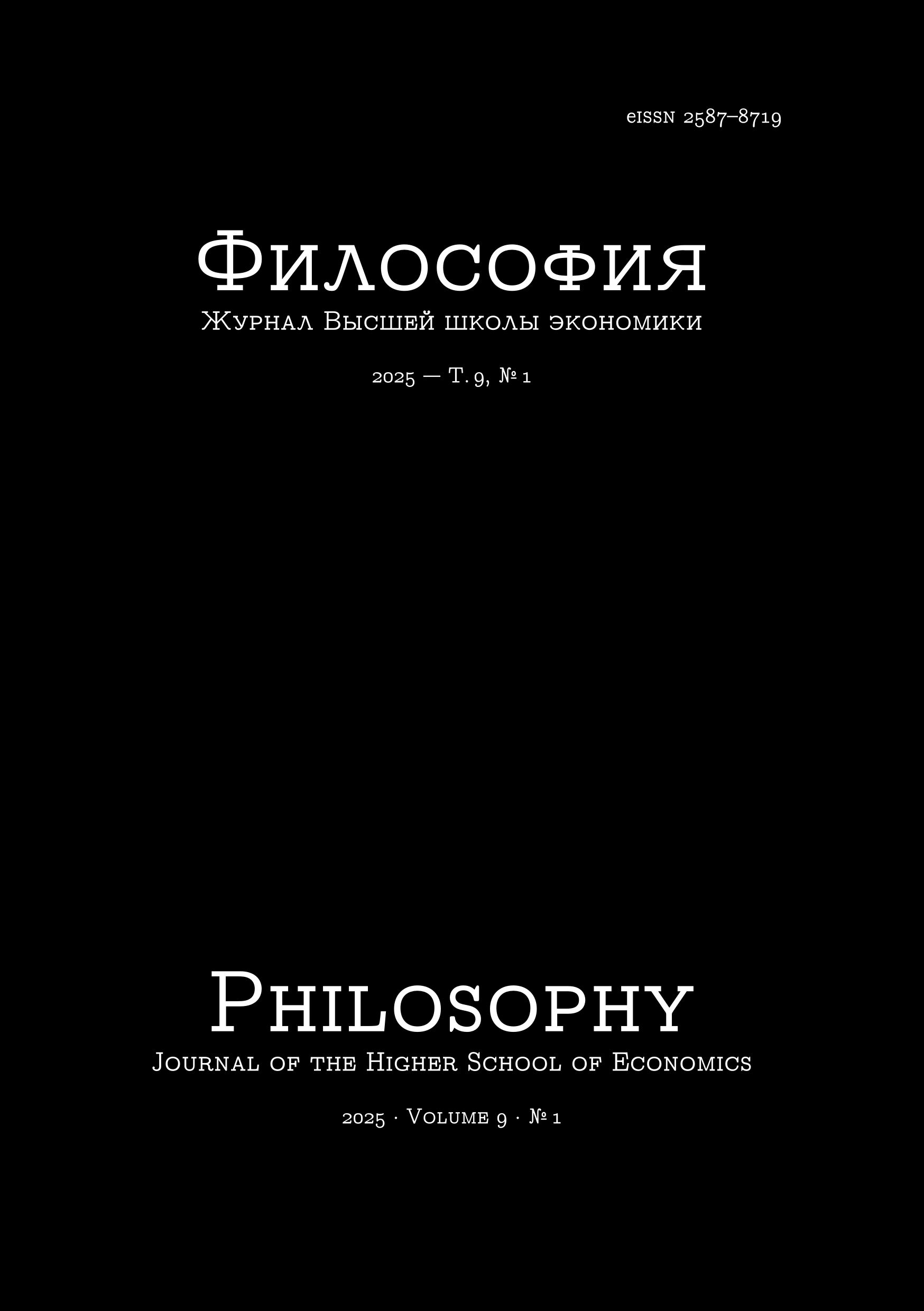Владимир Бибихин как философ техники
Аннотация
В статье рассматривается вопрос о том, в каком смысле Владимир Бибихин может быть назван философом техники. Хотя Бибихин называет распространение технической цивилизации главным, что происходит в современности, проблема техники вынесена в заголовок всего одной его работы — статьи «Философия и техника», в которой о «философии техники» в конвенциональном смысле говорится не так много. Однако при рассмотрении статьи в контексте философии техники Хайдеггера становится ясно, что расширение понятия «техника» в «Философии и технике» осуществляется как последовательная реализация философии техники в обычном смысле за счет продолжения стратегии, намеченной Хайдеггером. Бибихин видит «проблему техники» не в технических изобретениях, а в определенном типе мышления, критикуя не само научное и техническое мышление (их русский философ оценивает позитивно), а то, что он называет грабежом, — тот тип мышления, который вырывает познаваемую вещь из собственного ей места. В «Философии и технике» Бибихин вспоминает опыт Леонардо да Винчи, критикует «выбор Европы» и говорит о возможности «другого решения». При чтении книги «Новый ренессанс» мы видим, что Бибихин считал возможным альтернативный современному путь развития европейской технической цивилизации, если бы она следовала принципу «узнавания познаваемого как своего», намеченному Леонардо. В поисках «другого начала» Бибихин обращается к России, а также разрабатывает желательное отношение к естественным наукам в курсе «Лес». Демонстрируется, что все эти стратегии объединены амеханией, которая становится техникой Бибихина. В завершающем разделе говорится о том, как техника Бибихина может осуществляться в ситуации «после Бибихина» таким образом, чтобы она сама не оказалась грабежом.
Скачивания
Copyright (c) 2025 Philosophy Journal of the Higher School of Economics

Это произведение доступно по лицензии Creative Commons «Attribution-NonCommercial» («Атрибуция — Некоммерческое использование») 4.0 Всемирная.






